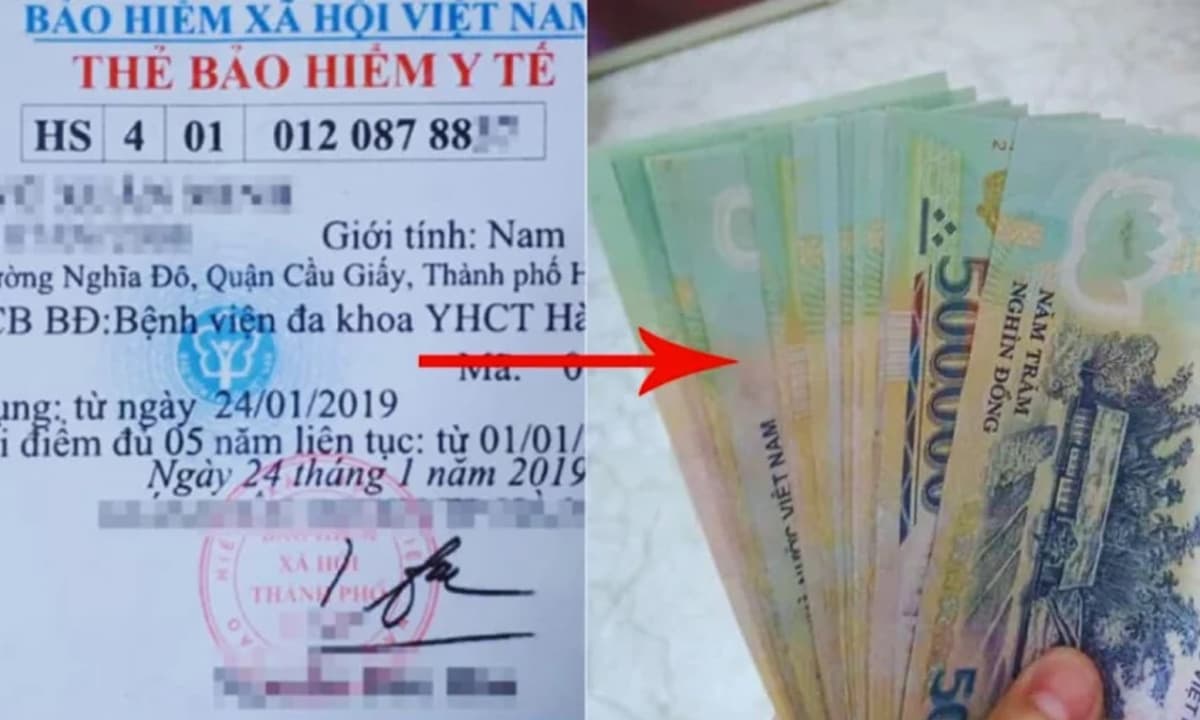Feds Launch Experiment to Have Medicare Cover GLP-1 Weight Loss Drugs

The federal government may not have closed the window on paying for GLP-1 weight loss drugs like Ozempic and Zepbound after all. The Trump administration is reportedly planning to conduct an experiment that will allow some people to have obesity drugs covered by their Medicaid and Medicare plans.
The Washington Post first broke the news Friday morning, having reportedly obtained documents from the Centers for Medicare and Medicaid Services outlining the plan. It would enable state Medicaid programs and Medicare Part D insurance plans to cover people’s medications explicitly meant for “weight management,” starting next year. Should the experiment go well, it could pave the way to widespread Medicare and Medicaid coverage of these expensive but effective drugs.
As things stand now, Medicare cannot directly cover any medications for treating obesity, including newer GLP-1 agents like semaglutide (the active ingredient in Ozempic and Wegovy) and tirzepatide (Mounjaro and Zepbound). Programs do have some leeway in providing coverage to people taking Ozempic and similar drugs for diabetes or certain obesity-related conditions, such as heart disease.
Last year, the Biden administration proposed a rule designed to end this restriction, opening up coverage to some 7 million Americans on Medicare and Medicaid by 2026. In April this year, though, the Trump administration dropped the proposed rule entirely. However, Health Secretary Robert F. Kennedy Jr., who’s previously criticized Ozempic in the past, did state at the time that the White House was still considering a “framework” to expand coverage.
According to the Washington Post, the Center for Medicare and Medicaid Innovation—an organization tasked with finding ways to lower health care costs and improve patient care—will be in charge of the experiment. Some specifics of the plan, including the exact criteria for eligibility, may still be up in the air, since the government could provide a window for public comment and further modification if it so chooses. As currently outlined, though, the experiment is expected to run for at least five years. Medicaid programs would reportedly be able to offer coverage starting in April 2026, while Medicare plans could do so in January 2027.
The newest GLP-1 drugs like semaglutide have proven to be much more effective at helping people lose weight than diet and exercise alone. But their high costs and limited insurance coverage have impeded many people from obtaining or staying on these treatments long-term (some users are also unable to tolerate the common gastrointestinal side effects they cause). That said, this proposed plan is the latest sign that these cost issues are improving.
The list prices of Ozempic and similar drugs have started to drop as of late; for instance, America’s upstairs neighbor Canada is expected to approve the first generics of Ozempic early next year (that probably won’t happen until 2030 in the U.S., though). The likely arrival of new approved competitors to these drugs as early as next year is also expected to drive down prices in general.









